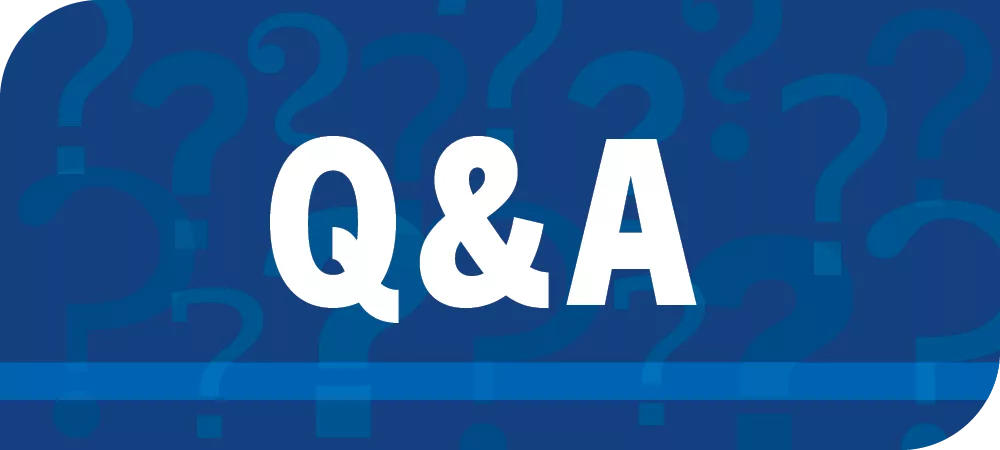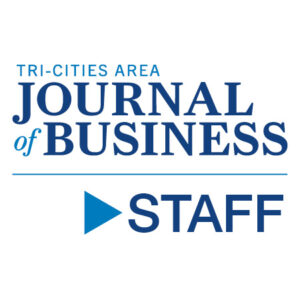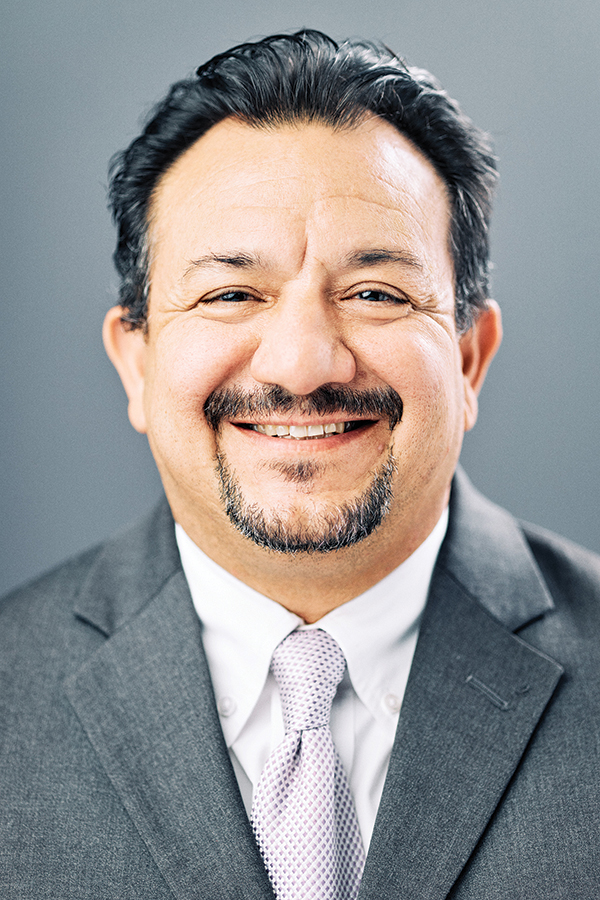
Home » Q&A with Martin Valadez
Q&A with Martin Valadez

April 12, 2023
Regional Director, Tri-Cities
Heritage University
Number of employees you oversee: 2
Brief background about the business:
Heritage University was founded 40 years ago to serve the needs of residents of the Yakima Valley. Currently about 70% of the students are of Hispanic heritage and another 15% are Native American. Heritage University, based in Toppenish, is an accredited, private institution offering a wide variety of academic programs and degrees. The university will open a new location in downtown Kennewick this summer and begin offering freshman classes to students. The new site will admit its first freshman cohort at the new location for the fall 2023 academic year, which begins on Aug. 21. At Heritage, we believe that a college education should be accessible to anyone with the talent and drive to pursue a degree – regardless of economics, culture or geographic locations.
How did you land your current role? How long have you been in it?
I came to work at Heritage University in March 2019. I started off as the first director of their new Workforce Training and Education program. I was then asked to lead the Tri-Cities regional site in January 2020. I have spent most of my career in higher education with the exception of four years at Tri-Cities Community Health.
You were honored with the 2023 MLK Spirit Award this year. What did this mean to you and what message would you like to get out as a result?
Receiving this award is very humbling and truly an honor. For over 10 years, I’ve been volunteering in the community on many boards and committees to help in any way I can. My particular focus is helping the poor, underserved, immigrants, first-generation college students and others who have been historically marginalized and disenfranchised. I have been very blessed in my life, and I want to help others as much as I can.
Can you offer any suggestions or advice to other business leaders on how to understand the perspective of a coworker whose background differs from their own?
The most important thing is to ask questions, listen and not judge.
How would you describe your current thinking about diversity, and how has your thinking changed over time?
I want to make sure that individuals from different backgrounds (particularly, racial, ethnic, gender, economic status, LGBTQ+, etc.) are helped and represented in all areas. It is particularly important for organizations to reflect those they serve. It is important not just for those individuals to be at the table but also to have a voice.
What is one characteristic that you believe every leader should possess?
Self-awareness, empathy, patience, hard work, perseverance and a commitment to pass it on.
What is the biggest challenge facing business owners/managers today?
Learning how to work with individuals from different backgrounds and generations. We now live in a more diverse and global world so we must learn to understand and work well with individuals from different backgrounds and generations.
If you had a magic wand, what would you change about your industry/field?
I would make higher education free for all.
What advice would you give someone going into a leadership position for the first time?
Listen and learn from others as much as you can. And remember that we don’t accomplish anything alone. We need others for everything with do. It’s a team effort.
Who are your role models or mentors?
Al Cordova, the former CEO at Tri-Cities Community Health.
Former State Representative Phyllis Gutierrez-Kenney.
How do you keep your employees motivated?
Encourage them to stay focused on our students so that they can achieve their educational goals.
How did you decide to pursue the career that you are working in today?
I originally wanted to study business but ended up in higher education because I like learning and teaching. I was a professor for many years and kind of “fell into” administration. It was not a plan. But I do like administration because this is another way to support students and help them succeed.
How do you measure success in your workplace?
By how much we are able to help students grow and graduate and also by how much those who work with me are growing in their careers, even when it means they have to go elsewhere to grow.
What do you consider your leadership style to be?
I try to lead through example and collaboration. I know I don’t have the answers and I ask others for advice. I also know that I am not perfect, and I admit my mistakes, hopefully learn from them, and move on.
How do you balance work and family life?
I am not as successful at this as I would like to be but I try to set aside specific time for family, whether it’s getting up early to make breakfast for my son George, or going on an occasional date with my wife, Tanya. I definitely need to be better about spending quality, focused, uninterrupted time with my family. I’m a work in progress in this area, but I think if I set aside specific days and times, it will hopefully get better.
What’s your best time management strategy?
Hire people you trust. I don’t like to micromanage employees, so I need to have people working with me who I trust to do what they are supposed to. Give them responsibilities and goals and let them figure out how to do it. I also like to acknowledge and thank employees for their work.
Best tip to relieve stress?
I like running, particularly in the morning. I find that when I exercise on a regular basis, I find that I am able to handle the challenges of work and life much better.
What do you like to do when you are not at work?
I read, go to the gym, watch European soccer on TV, spend time with Tanya and George, and visit family in LA, NYC, and Mexico.
What’s your favorite podcasts? Favorite books?
Podcasts: “Revisionist History” by Malcom Gladwell, and “Hidden Brain” by Shankar Vedantam.
Books: “Love in the Time of Cholera” by Gabriel Garcia Marquez, “Pachinko” by Min Jin Lee, “Interpreter of Maladies” by Jhumpa Lahiri, “The Autobiography of Malcolm X,” as told to Alex Haley.
Q&A Local News Diversity Education & Training
KEYWORDS april 2023






